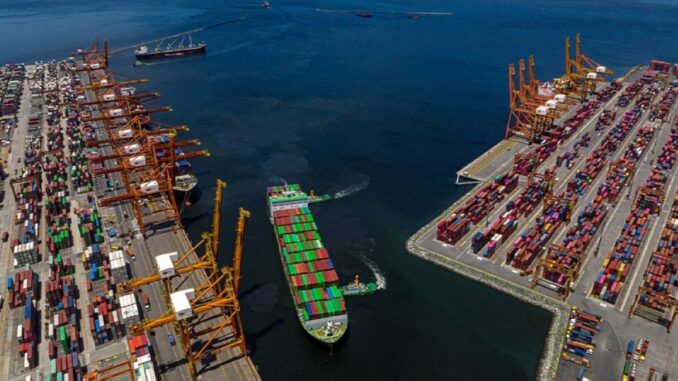
CHIEF financial officers (CFOs) in Southeast Asia (SEA) see the global economic slowdown as the top external risk, a Deloitte study revealed, with many preparing for worst-case scenarios amid ongoing volatility.
Eighty percent of CFOs in Southeast Asia identified a global economic slowdown as the primary external risk for the next 12 months, a figure notably higher than the Asia-Pacific average of 57 percent.
According to the World Bank, the global economic outlook is weak compared to historical standards, expecting growth in 2024 until 2025 to lag behind the 2010s average in nearly 60 percent of economies, which include over 80 percent of the global population.
Key risks include geopolitical tensions, trade fragmentation, prolonged high interest rates and climate-related disasters.
The study shows that most financial officers are closely reviewing their financial statements and emphasizing financial planning and forecasting as they prepare for worst-case scenarios due to the current volatility.
Fifty percent, however, were optimistic about managing operational and cash flow challenges, bolstered by lessons learned during the Covid-19 pandemic.
“Lessons from the pandemic have made CFOs become quite adept at capitalizing on the updates of volatility to uncover opportunities,” said Melissa Delgado, Deloitte Philippines audit partner and CFO program leader.
“As they face a volatile economic and geopolitical environment, agile leadership, collaborating with key stakeholders and leveraging on breakthrough technologies may be the key to create value and drive sustainable growth,” she added.
Moreover, Deloitte found that most financial officers prioritize technology automation and enhancing predictive capabilities to protect or increase enterprise value.
Seventy-four percent are adopting technology automation, and 59 percent are focusing on predictive capabilities — well above the Asia-Pacific averages of 51 percent and 30 percent.
Despite their digital ambitions, Deloitte noted that Southeast Asian CFOs are still in the early stages of using artificial intelligence and data.
Hence, basic automation tools like electronic invoicing (74 percent), robotic process automation (63 percent) and intelligent documentation (57 percent) are the most commonly used.
Deloitte also revealed that Southeast Asian financial officers focus on practical strategies for developing their workforce, such as employee reward and recognition programs (63 percent) and on-the-job experiences (63 percent).
“SEA CFOs recognize that there is no one-size-fits-all strategy for talent development, even within an individual organization,” Deloitte said. “Thus, they advocate for the use of differentiated talent strategies to fulfill the needs of their diverse talents.”


Be the first to comment